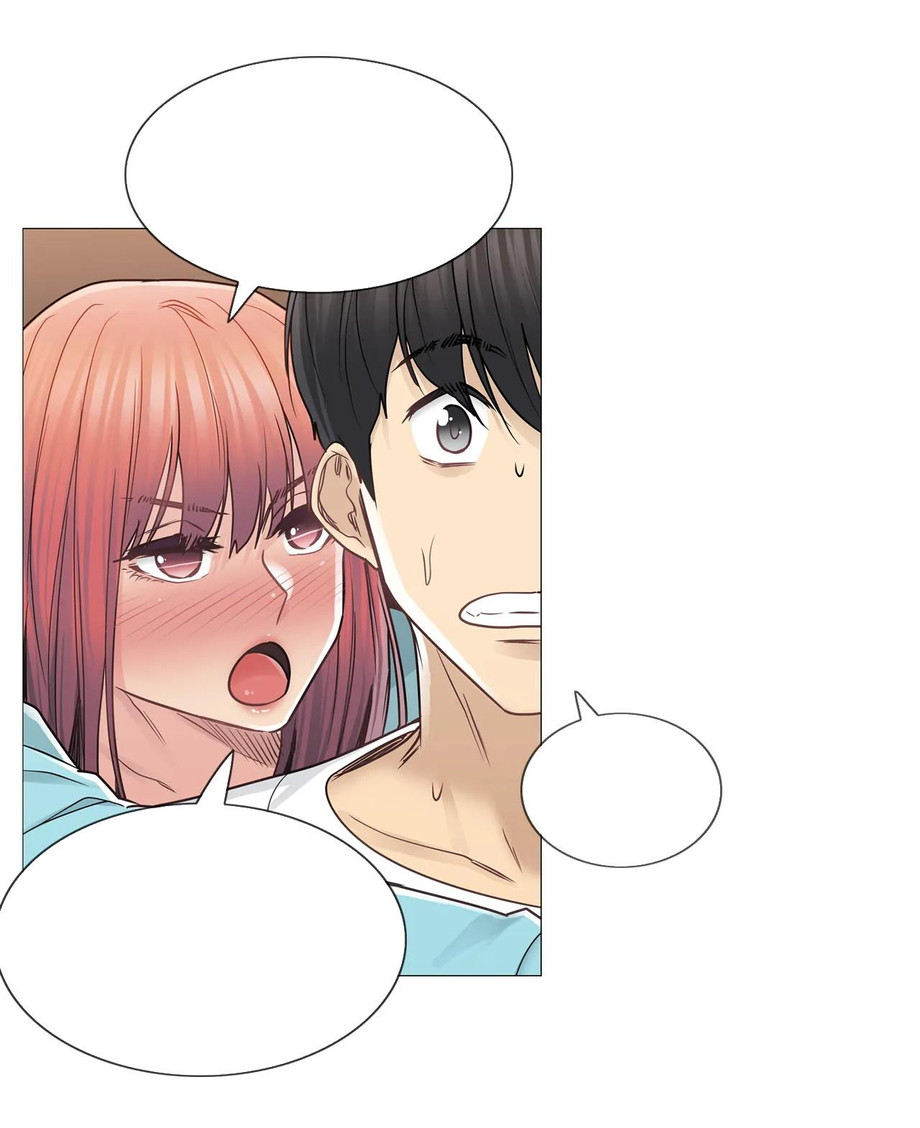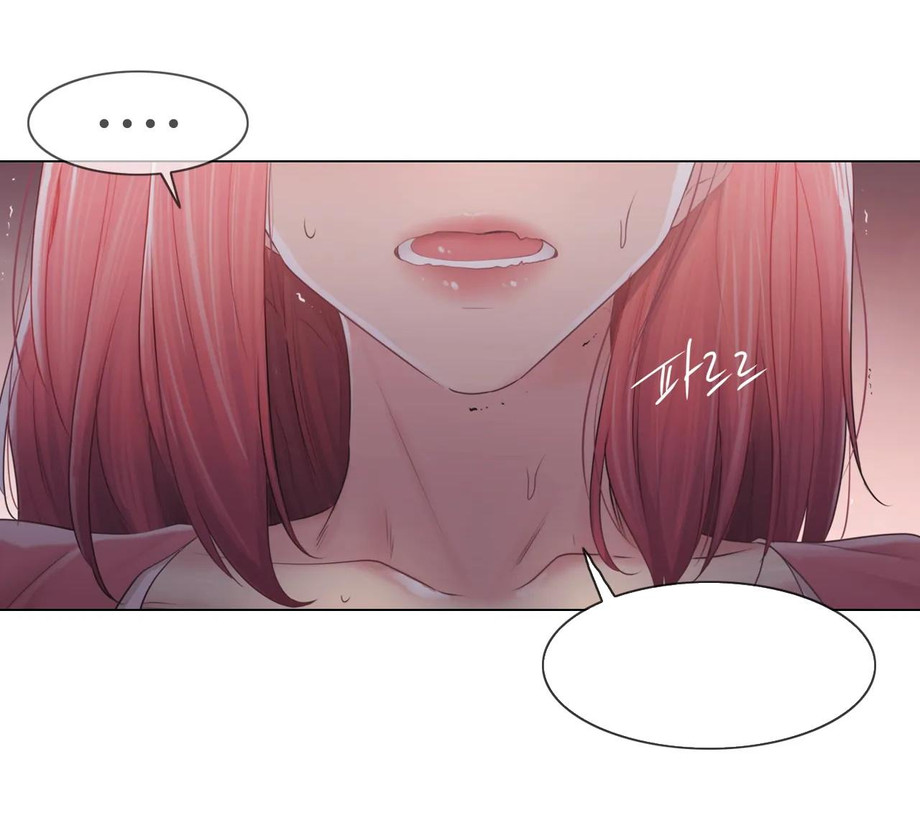... Fine. I'll do it, okay? I'll just trust you all to understand the implications. Enough of this "My Chi-Ho,
my dearest," shit.
Let's talk about -ah and -ya.
- - - - - - - - - - - - - -
Since you're reading manhwa, despite being an English speaker, I'm going to assume you've experienced enough of Japanese culture to know what honorifics (suffixes) are like in that language.
-chan, -kun, -san, -sama, etc. are used between people ordinarily. Not using an honorific, especially with a first name, is a testament to the closeness (or un-formality) of the speakers. It is rude to not use one. However, in Korean, it is not the same.
It is much more socially acceptable to not use honorifics in Korea. The use of ones like -oppa, -hyung, -unnie, etc. are acknowledgements of casual familiarity, and can even be used as pronouns. Calling someone by their full name like Shin Chi-Ho is normal. Calling someone by their first name only is closer, but also reasonable.
However, the suffix we're talking about today functions differently.
-ah is used at the ends of names that finish with a consonant.
-ya is used at the ends of names that finish with a vowel.
They are identical in usage and meaning, so from now on, I'll just be talking about -ya, as our protagonist, Chi-Ho, has a name that ends in a vowel.
Hong's relationship with Chi-Ho has been turbulent to say the least. She's aggressive and rude, or at least, she was. As a result, she considered herself Chi-Ho's master, above him. She uses this exact wordage in Chapter 44, even before they sleep together. She has not been particularly caring toward him until their encounter in Chapter 49/50.
So we reached Chapter 85, and in her confession, Hong used the term "Chi-Ho-ya..." in a heated moment. She repeated the feat in Chapter 86, this time in ordinary conversation. Finally, they both use it in Chapter 88. So, let's finally explain this damn suffix:
-ya is used by people of equal or superior social standing to the person they are speaking to. For a character like Hong, it also implies a deep affection. She's usually blunt and coarse, but she's using an extremely loving phrase to refer to Chi-Ho. As of Chapter 88, she convinces Chi-Ho to return the favor:
"Zhu Hong..."
"Come on..."
"Hong-ah."
"Mm...❤ Go ahead..."
This moment is where they've finally completely deconstructed their old relationship, and replaced it with an equal one filled with love and affection. Of course, she immediately says it back:
"I love it so much..."
"Yeah...! I love it too... Chi-Ho-ya."
Between these two, it's almost the same level as them saying they love each other.
This is a lot of nuance for two letters at the end of a name. Originally, to avoid having to dump a lot of information on people who just want to read a manhwa, I tried translating it to "Chi-Ho, my love..." and "My dearest..." but at this point, I might as well just admit defeat. This is a beautiful development in this story, but it's gonna go over the heads of some people. I'm interested to see how Lezhin translates this officially in a few weeks.
- - - - - - - - - - - - - -
Okay, that's all. What a lovely chapter. Have a great one, guys.
Enjoy!
~ PerpetualSigh


